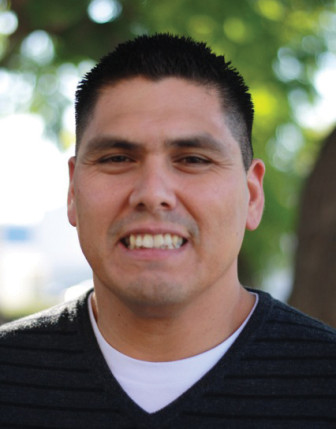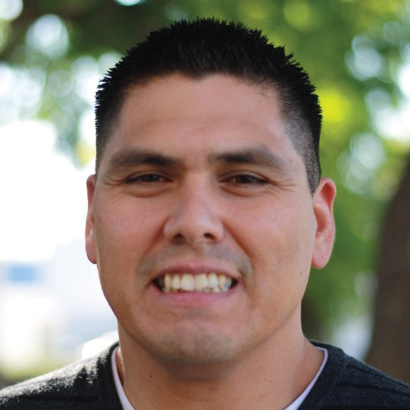 July 17, 1996, was a Wednesday and, unbeknownst to me, the first day of my child- and youth-care career. I vividly remember standing in the middle of the boys’ and girls’ cottage (yes, boys and girls!) with my name badge and keys, asking myself, Uhhh, what do I do now?
July 17, 1996, was a Wednesday and, unbeknownst to me, the first day of my child- and youth-care career. I vividly remember standing in the middle of the boys’ and girls’ cottage (yes, boys and girls!) with my name badge and keys, asking myself, Uhhh, what do I do now?
The agency was barely 18 months into operation, and still figuring out the services and programs that would best serve the needs of “the most vulnerable and loneliest youth” in Ventura County. To no blame, not much attention was given in the way of training for child-care counselors (back then, that’s what we were called).
My new employee training consisted of the required first aid and CPR, and child-abuse reporting. Oh, and three months later, something called behavior crisis intervention. It might have helped if I had received that training my second day on the job when I had to physically restrain a young boy who became physically aggressive.
Fast-forward 18 years, and I am now certified as a child and youth care worker, answering the “what do I do now” question. Within the last three years of being certified, I have been afforded countless opportunities to educate, mentor, coach and educate others in and about our profession. I don’t think any of this would have happened if my agency didn’t understand and prioritize the five domains of professional competency: professionalism, cultural and human diversity, applied human development, relationship and communication, and developmental practice methods. Certification has elevated my sense of responsibility to the work I do and to the community where our young people come from and will eventually return.
Like any professional who excels in her field, I found that certification fostered for me a self-awareness and responsibility to continue my own professional growth by seeking opportunities to participate in events and interact with other experts in the field. As a result, I have an equal voice at the table when discussing treatment for a young person or providing input to develop training curriculum for both beginner and seasoned child-care workers.
More importantly, there’s a sense of increased worth. The certification process allowed me to reflect on past experiences, which lead to a deeper understanding of my purpose for working with youth. It’s about connecting and facilitating relationships. Many of the young people I work with come from broken relationships, are disconnected and lack the experiences needed to have hope and succeed in life.
The intentionality in facilitating relationships with young people is about using the skills you innately have, your professional training and experiences to say: OK, what is my goal at this moment with this specific young person? How am I going to begin connecting with him? How can I use my relationship with this young person to help him through a challenging time? What experience(s) are they missing, and how can I go about providing it?
I don’t think I’ll ever have a complete answer for what do I do now. That’s OK, because as a professional I understand the field of child and youth care is always evolving, and the young people I work with will change, too. The one constant is the need young people have to be supported in professionally competent ways. It is this challenge and opportunity that makes me proud to show my commitment to them through professional certification.
Toné Reyes, CYC-P is a training specialist for Casa Pacifica Centers for Children & Families in Camarillo, Calif. For information about certification, visit the Child and Youth Care Certification Board. The National Resource Center for Youth Services also offers a certification process.


























